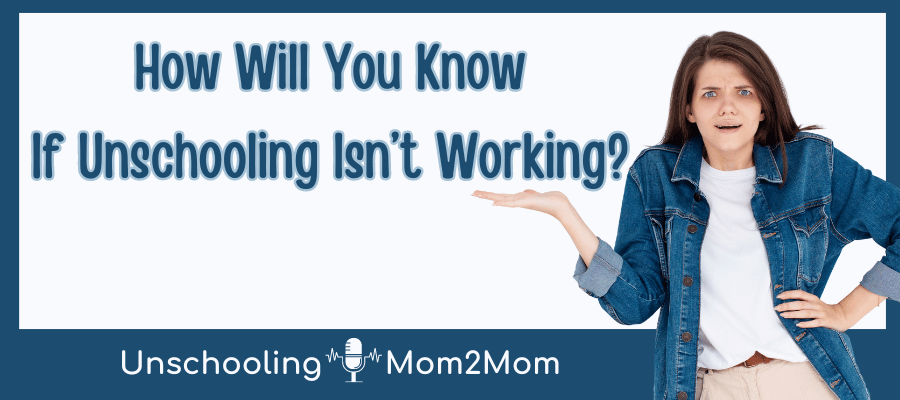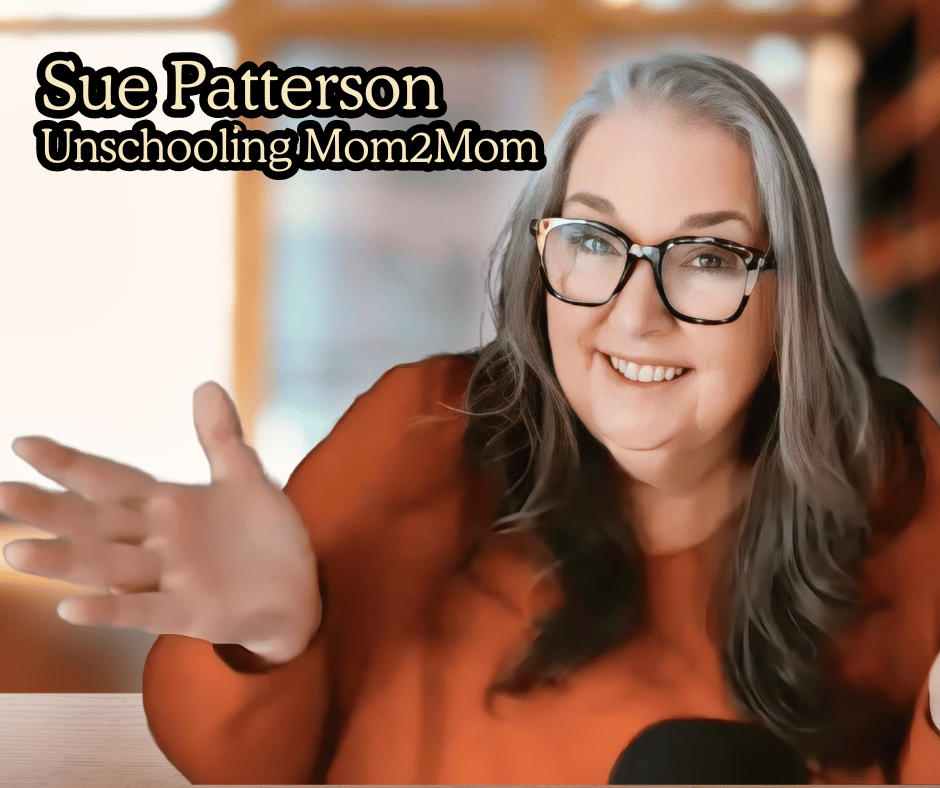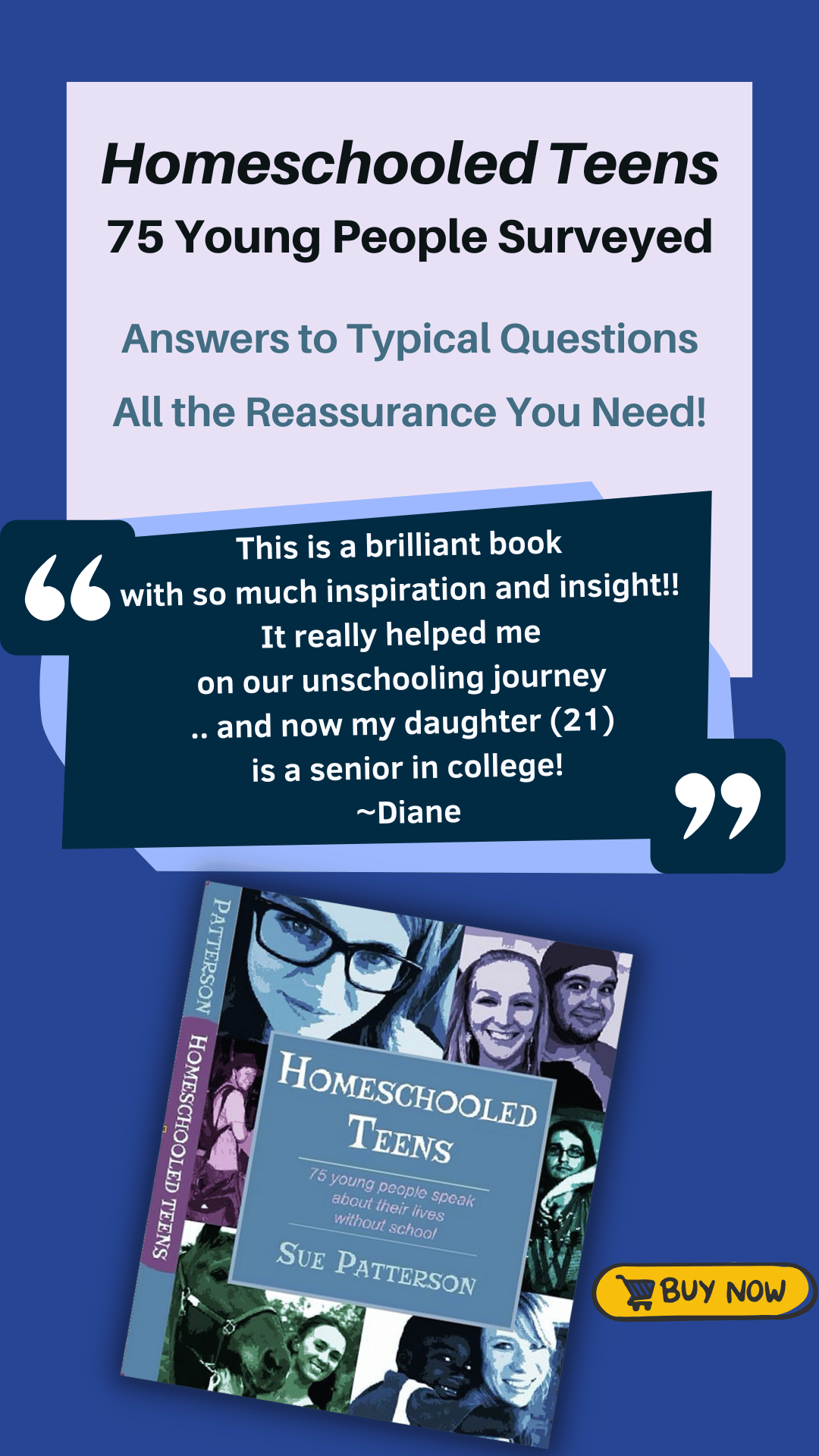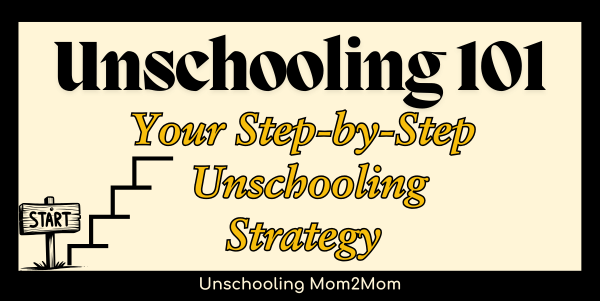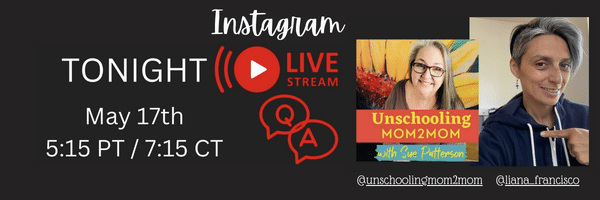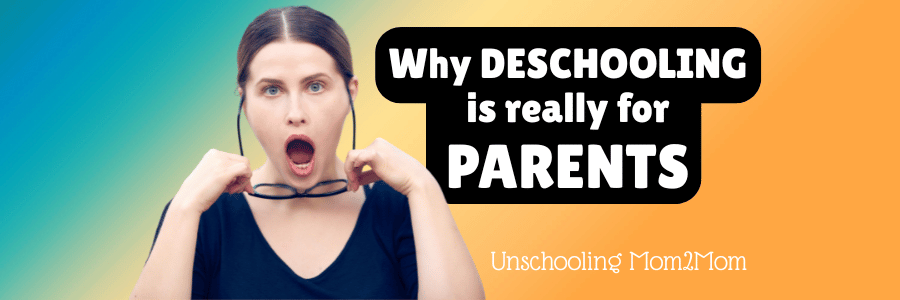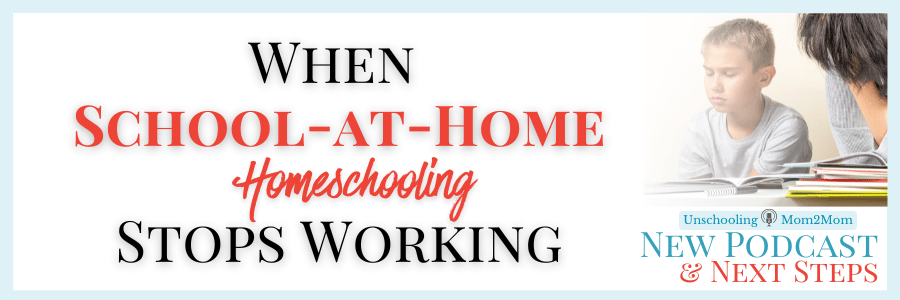How to Know if Unschooling Isn't Working
6 Signs Unschooling Is NOT Working for Your Family 🚩
- Kids are not sharing what they’re interested in.
(Remember, they may “share” through their behavior, not through words but it’s up to parents to notice.) - Parents are not finding opportunities for them to expand on those interests
- Parents don’t really like spending time with the kids so they’re not inclined to create “connection points” throughout the day
- Parent’s personal life is overwhelming and they simply don’t have the bandwidth to help the kids full time - in which case the free child care at school IS a good idea.
- Parents are not interested in looking into deschooling to see what needs to be dismantled, or how society has pushed concepts that don’t fit your family.
- The home is not safe for kids - emotionally or physically.
So if these things are happening, think of them as your red flags. 🚩
Resist the tendency to see unschooling as not working, just because the kids can’t rattle off all the state capitols or aren’t interested in writing a research paper. Things like this point you
back to deschooling - because you’re setting up goal posts that come from a standardized school experience. Not the individualized learning path your kids are experiencing.
These are not red flags.
Read More to find out what to do!
Podcast Transcript:
“How will we know if unschooling isn’t working?”
One of our
private coaching group members who’s new to unschooling asked this question and I know some of you have had people ask you too. If not outright, it’s often at the heart of those reluctant spouses or involved family members.
Or sometimes something feels off kilter... maybe we just cant put our finger on it...
but this isn’t what you thought it would look like. And frankly, it doesn’t feel all that great.
So that’s what I want to expand on here this week on the Unschooling Mom2Mom podcast.
I’m Sue Patterson, your host here and the human behind all things Unschooling Mom2Mom. My own 3 kids are grown now, and I’ve circled back to let you all know that unschooling really works. When we were in the trenches, a lot of this was theoretical. It seemed like it WOULD work, but we didn’t know that many grown unschoolers. But now... nearly 30 years later - there are a lot!
I even wrote a book called Homeschooled Teens, where 75 young people spoke their lives without school. They’re super candid as they answered all the questions people want to know...like...
- How was it?
- Did you have any friends?
- Did you go to college?
- Do you still like your mom?
Real questions everyone wants to know!
The book is at amazon - it’s also free in my membership group if you’ve been looking for a reason to join. It has been soo reassuring to lots of parents over the years. I’ll link it for you in the shownotes.
I bring the book up because sometimes we live in communities where we don’t see a lot of other people choosing this unconventional path. And it’s important to know that we’ve had a few decades or waves of modern homeschooled generations roll through ahead of you.
I’m getting offtrack though!
Back to that question of
How to Tell if Unschooling isn’t Working?
Actually, it was my group member’s spouse asking. He wanted a little reassurance as they started this journey into the unknown. But one of the reasons people join my coaching group is because they want to know what I’ve seen over all these years.
Have I seen unschooling NOT work for some kids?
This question comes up fairly often, actually. You may have had someone ask you this too.
A lot of people have really reluctant spouses or friends and family who are incredibly skeptical.
Asking, thinking...
“How will you know when this little experiment of yours has run it’s course?”
or worse,
“What if YOU think you did fine, but the kids disagree when they’re adults?”
These seem like understandable questions. You may even be wondering the same things too!
It’s not unusual to look for the exit sign when you’re somewhere uncomfortable!
And for many of us, unschooling IS uncomfortable... it's certainly unfamiliar.
So yes, I have some ideas about this...
Ok..let’s break it down. I thought about unschooling
"not working."
And my first thought is,
"Well, working for whom?"
Because if a parent takes the time to understand it, unschooling will work for any and every child.
Because let's be realistic. Who has freedom and then says,
“Nah, I think I want to be bossed around by someone else!” 🙄

Kids are natural learners - all humans are.
They may be getting their footing after years of being told what to learn and when to learn it.
So sometimes it takes a little while for them to feel comfortable - often leaving them to wonder if their parent is going to change their mind and yank away whatever it is they want to explore more.
They may even have some stories in their own heads about their choices being...not good.
...Or not good enough.
...Or lazy.
...Or not living up to their potential.
...Or something they won’t be able to make a living at!
All those phrases that may have been tossed their way when they were choosing to play more or not comply with the adult’s choices. Harsh criticisms and shame were probably techniques used on us when we were growing up. It's not unusual to duplicate our own experiences - until we learn that a better way may exist. 🫣
Kids' brains are always learning - maybe not what you were expecting them to learn about though.
And this leads me to the real issue.
Unschooling works for all kids but it sometimes doesn’t work for every PARENT.
- Not every parent has the courage to do something so unconventional.
- Not every parent has the bandwidth to learn and unlearn what they need to make it work.
- Not every parent WANTS this choice!
Because Unschooling is not always any easy path.
Everyone’s baggage is different.
Realistically, some of us have other priorities or don’t have the inclination to make all the shifts needed for unschooling to work well.
While all LEARNING is natural. Your child WILL learn. Parents who opt for this path have a lot of unlearning to do.
To be successful at unschooling, we parents have to work on our own communication skills, get our ego in check, look at our own childhood to see what was true and what wasn’t. And that’s just not something everyone wants to do.
For all kinds of reasons. Admittedly, this will be harder for some than for others.
But if you've tried everything and you’re wondering if you could do this - or if I haven’t scared you off yet with all that, I have a ton of tools to help you along the way! You don’t have to do this alone! Or reinvent the wheel!
I’ll put links in the notes for the UNSCHOOLING 101 COURSE - I really think it can help you before you throw in the towel. So many parents have taken this course and realized they missed a few things when they started out. This helped!
I WANT you to unschool - because I think kids deserve to have those kinds of relationships - with you and with their own learning.
But! Let’s circle back to that original question
“How will I know if it’s not working?”
I thought of six signs to look for. It might be things like:
Red flags fall into two categories
1. The kids aren’t thriving.
2.You don't want or can’t do the things needed.
If the issue is the kids not doing well, then your job is to do some more deschooling, but also work on your communication skills.
Sometimes we haven’t really learned how to connect with our own kids. It usually wasn’t modeled for us as kids ourselves, and society really doesn’t do much to help with this.
A few tips to try:
- Observing more.
- Asking without Advising.
- Connecting with trying to control something.
It’s hard for some of us - but these are all things we can work on. And when we do, we become the parents we want to be! And everyone benefits!
So this may end up being a fairly controversial podcast. But that’s my answer to the question -
"How do I know unschooling is not working?"
I did a podcast a while back, #104. It’s all about How Hard will Unschooling be for ME as the parent? That may be something to go listen to next. I’ll link it in the show notes and the description if you’re listening at youtube.
Need an Unschooling Personal Trainer?
And if you find yourself connecting with some of those 6 signs that you may have a red flag showing up, you can always reach out.
We can talk on the phone - some people talk with me once a month and I become their Unschooling Personal Trainer. That’s fun to build that kind of relationship.
Others like the community aspect, brainstorming for solutions like we do in the
Creating Confidence Membership group.
In both cases, you’re not alone. It’s unfamiliar ground, but sometimes you just need a little help.
Reach out if you do, Enjoy the kids, and I’ll be back again next week.

A little more Podcast rambling...
I was on an
Instagram Live last week with Liana Francisco who is in her 40s and was unschooled with her brothers. She’s unschooling her own child now. We took questions - which was cool - but she referred to me as a "pioneer." We didn’t start until the mid-90s and there were definitely unschoolers with kids older than mine when we first started.
I think of the modern homeschooling/unschooling arena beginning with those from the 70s and 80s. I was definitely the new kid on the block in 1996. I think we were the start of the Suburban Homeschooling Wave: the parents who took their kids out of school because it just wasn’t good enough. We weren't trying to live on the land or off the grid. We weren't homeschooling for religious reasons either. We were the new crowd entering the community. I guess I may have to embrace the OG aspect! Maybe I’ll do a podcast on the history and these waves that I’ve seen. Let me know in the comments if you’d like me to talk about that.

